Journeys end in lovers meeting
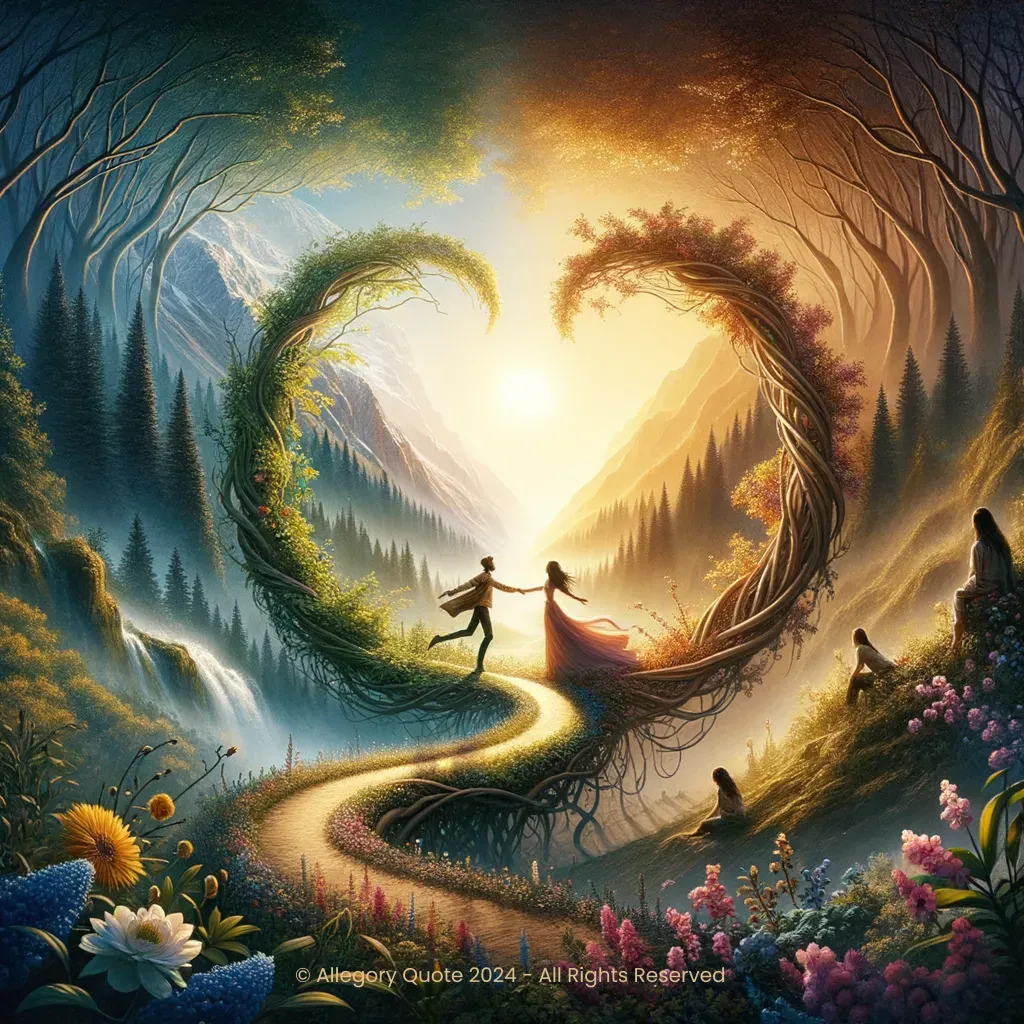
0
0
0
0
- Meaning
- This phrase captures the romantic notion that all life's pursuits, endeavors, and adventures ultimately lead us to a destined romantic union. It ties the concept of destiny to love, suggesting that our paths will eventually converge with that of our significant other's, fulfilling our journey's true purpose. It emphasizes the idea that love is an inevitable and rewarding conclusion to the endeavors of the heart.
- Allegory
- The meandering path represents the various experiences and phases of life’s journey, filled with challenges and beauty. The diverse landscapes symbolize the different environments and situations one encounters, reflecting personal growth. The two figures at the path's end illustrate the destined meeting of lovers, emphasizing connection and togetherness. The archway of intertwined branches and flowers signifies unity and the natural culmination of their journeys. The soft light that filters through and casts a glow around them enhances the ethereal and destined quality of the moment. This composition creates a visually appealing and emotionally resonant portrayal of the phrase, suggesting that love is a beautiful, destined conclusion to life’s journey.
- Applicability
- The teaching of this phrase can be applied to personal life by fostering patience and optimism in the pursuit of love. It reassures individuals that despite the twists and turns of their personal journeys, eventually they will find a fulfilling romantic connection. It's a reminder to see one's life as a continuous adventure where meeting the right person is a significant milestone.
- Impact
- This phrase has had a significant impact on culture and literature by perpetuating the ideal of romantic destiny. It has inspired countless romantic narratives in books, films, and theater where the protagonists' journeys ultimately lead them to meet their lovers. This notion continues to be a popular theme in storytelling, reflecting an enduring belief in the power and destiny of true love.
- Historical Context
- "Twelfth Night" is believed to have been written in 1601–1602 during the Elizabethan era, a period renowned for its flourishing arts, literature, and exploration. This historical period saw the consolidation of the Renaissance culture in England, with an emphasis on humanism, which often portrayed love as a powerful and predestined force.
- Criticisms
- Some criticisms of this phrase might argue that it imposes a romantic ideal that doesn’t align with everyone's experiences. Real-life journeys might end in diverse forms of fulfillment beyond romantic love, such as personal growth, friendship, or other achievements. Additionally, it may overlook the value of the journey itself, placing too much emphasis on the endpoint.
- Variations
- Variations of this phrase can be found throughout literature and media, particularly in the context of romance narratives. Different cultures might interpret this phrase with their unique beliefs about destiny and love, but the universal concept of a journey leading to significant meetings resonates widely. For instance, in many Eastern philosophies, destiny and relationships are similarly interwoven, though they might emphasize communal harmony or karmic connections.
-
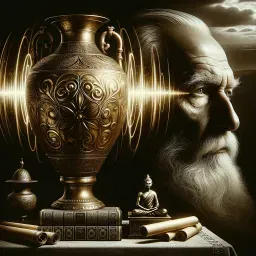
The empty vessel makes the loudest sound.
-
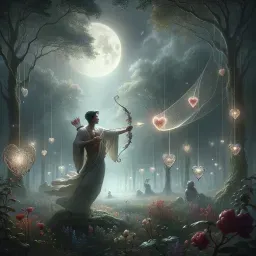
Some Cupid kills with arrows, some with traps.
-

Love all, trust a few, do wrong to none.
-
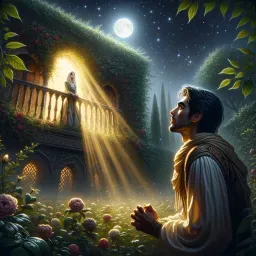
What light through yonder window breaks?
-
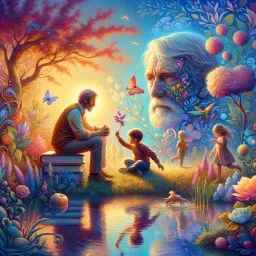
It is a wise father that knows his own child.
-
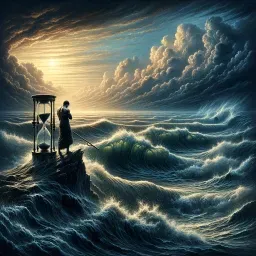
Come what come may, time and the hour runs through the roughest day.
-
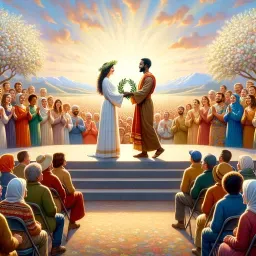
I will praise any man that will praise me.
-
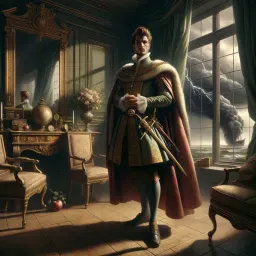
I must be cruel only to be kind; thus bad begins, and worse remains behind.
-

The smallest worm will turn, being trodden on.
-

I am constant as the northern star.
No Comments